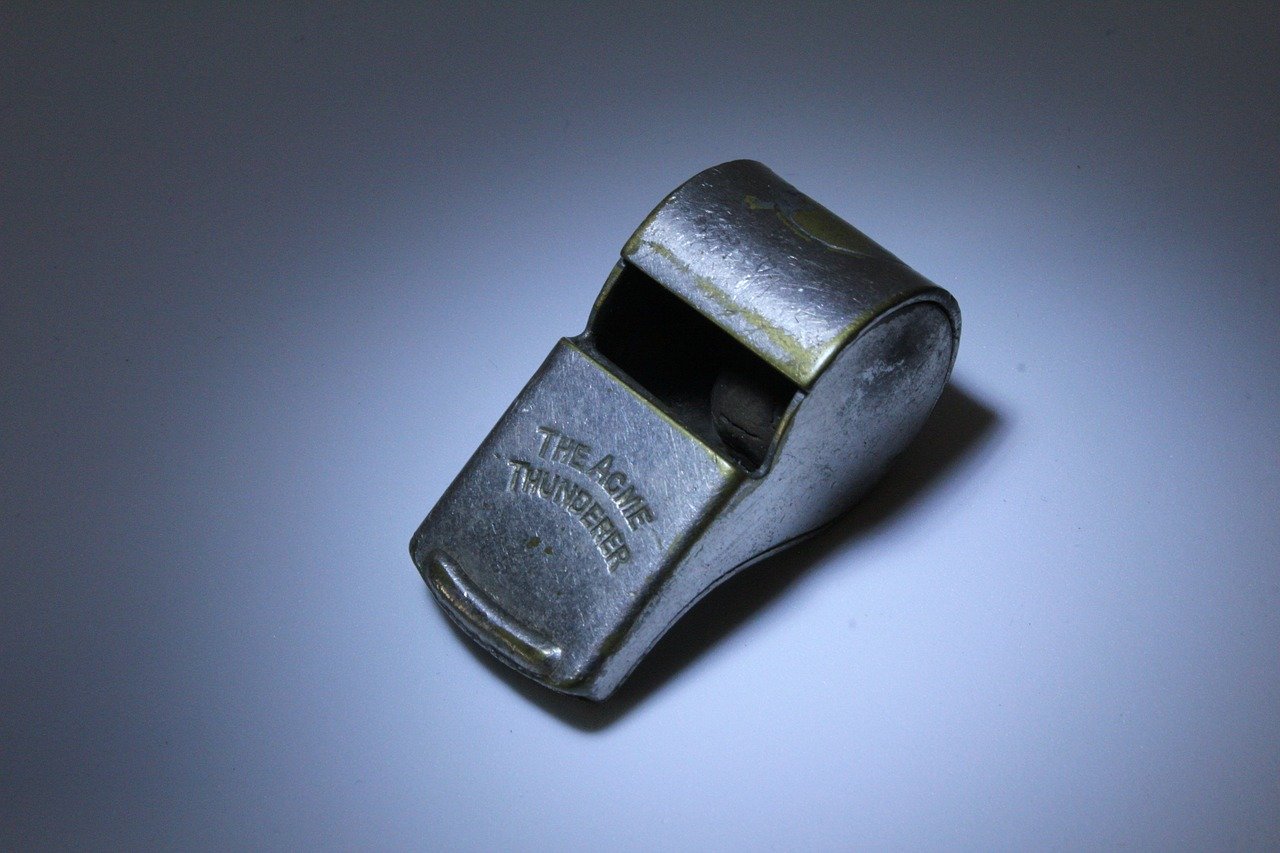What is Whistleblowing and why is it so important to be reminded about it now?
Whistleblowing is when an employee raises a concern about a potential wrongdoing, usually in the workplace, that is in the public interest, i.e. something that affects others and not just them (if it just affects them then this would be a grievance). Legal protections exist for those that ‘blow the whistle’, meaning that they should not be treated unfairly or lose their job because they raised their concerns.
Whistleblowing legislation protects those who report any of the following:
- a criminal offence, for example fraud;
- someone’s health and safety is in danger;
- risk or actual damage to the environment;
- a miscarriage of justice;
- the company is breaking the law, for example does not have the right insurance;
- you believe someone is covering up wrongdoing.
So why should we be reminded of this now?
As we discussed in a recent blog, health and safety is a particularly hot topic currently, as many employees begin to return to the workplace following the Covid-19 lockdown.
Unfortunately, there are some employers who have ‘made’ employees work whilst they have been furloughed. If an employer has done this and an employee were to ‘blow the whistle’ on them, they are most likely to be protected by the whistleblowing legislation.
So what do I do if an employee raises a concern?
If you are an employer who in receipt of an employee raising concerns or complaints, you may already have an up-to-date Whistleblowing policy in place, and should follow this if so. However, if not, you should begin by meeting with the employee to gather the necessary information to understand the situation. You should allow the employee to be accompanied, as you would for a grievance hearing. From this, it may be that a resolution can be easily reached through discussion, or it may be that a full investigation should be undertaken.
All disclosures should be treated seriously, and you will need to consider who is suitable to look into matters (to ensure that they are suitably independent). Employees may request confidentiality, and if they do, every effort should be made to protect their identity.
Once you have undertaken the necessary steps to understand the employee’s concern, you will then decide if any action is needed. Employees are often well-placed to identify opportunities for improvement, and so it may be helpful to listen to any suggestions that they have, however gov.uk warns employees that: “You will not have a say in how your concern is dealt with.”.
‘It wasn’t very helpful that they raised that concern…’ Can I count that against them in their next appraisal?
Employees who ‘blow the whistle’ are legally protected from any unfair treatment, including losing their job, but also experiencing other detriment, such as not getting a promotion or pay rise that they otherwise would have, or being disciplined for raising their concerns. As such, you should treat the employee in exactly the same way as if they hadn’t.
Creating an open and transparent culture where people feel safe to speak up can provide opportunities to protect the organisation’s performance, reputation and those that work within it from harm.
Just a quick reminder: In the current situation, many businesses are having to contemplate redundancies. You will need to be very careful about dismissing an employee with less than 2 years’ service whereby they have ‘blown the whistle’ and you are not planning to follow a proper redundancy process.
If your organisation would benefit from guidance on how to respond to a whistleblowing concern, or support to create a culture where employees feel able to raise concerns, please contact a member of the ViewHR team for a discussion.

